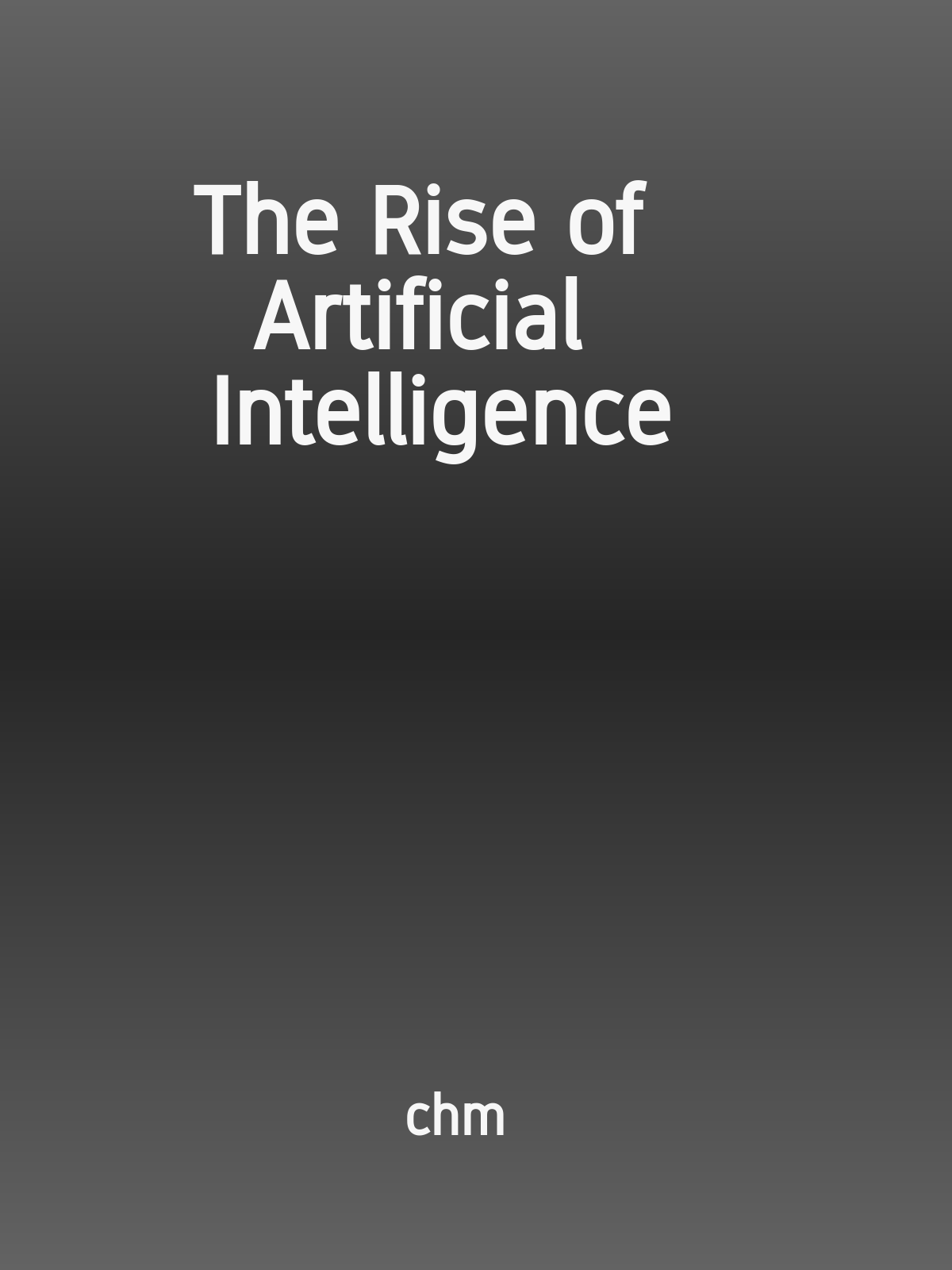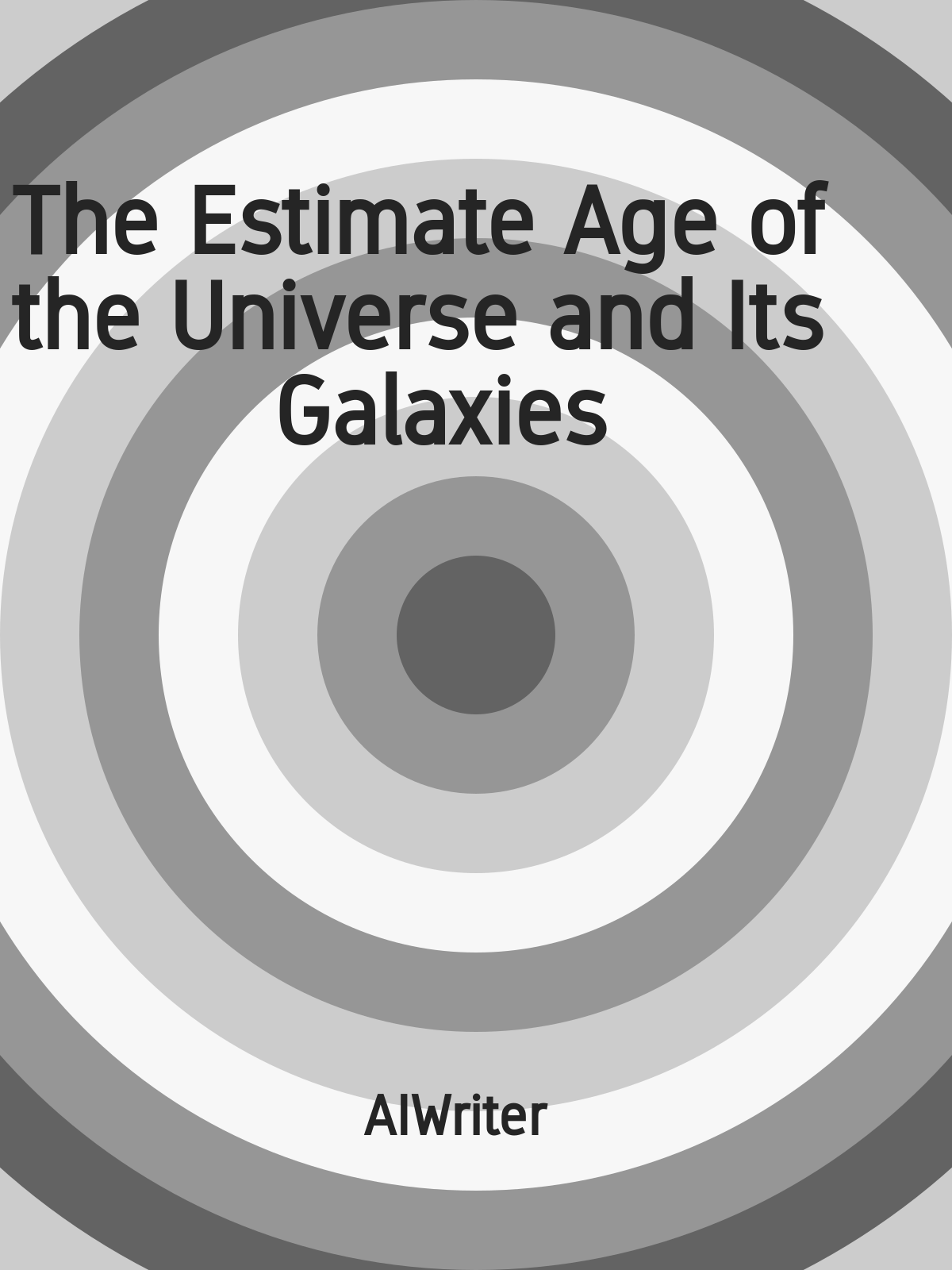

Quantum computers are computers that use quantum mechanical phenomena to perform calculations. They are different from classical computers in many ways, and are able to solve problems that classical computers cannot. Quantum computers have the potential to revolutionize computing, but they are still in the early stages of development.

A new study has found that social media use is linked to a number of mental health disorders, including loneliness, depression, anxiety, and eating disorders. The study's authors say that social media should be used in moderation, and that people should be aware of the potential risks of using it.

Quantum computers are still in their infancy, but they have the potential to solve certain problems much faster than classical computers. Some of the potential applications of quantum computers include drug discovery, machine learning , and large-scale optimization problems.

The term "artificial intelligence" (AI) was coined in 1955 by computer scientist John McCarthy. AI research is divided into subfields that focus on specific problems or tasks, such as natural language processing, decision making, computer vision, and machine learning. Some of the world's largest tech companies are investing heavily in AI, including Google, Facebook, Microsoft, and Apple. AI has the potential to transform many industries, including healthcare, finance, transportation, and manufacturing. There are ethical concerns associated with AI, such as the impact of AI on jobs and the potential for AI to be used for malicious purposes. AI is still in its early stages and is constantly evolving.

The top 5 technology startups in Silicon Valley are Google, Apple, Facebook, Amazon, and Microsoft. The average age of a tech startup founder in Silicon Valley is 34. The average salary for a tech startup employee in Silicon Valley is $107,000. The average time to raise capital for a tech startup in Silicon Valley is 6 months. The success rate for tech startups in Silicon Valley is 50%. The average amount of money raised by a successful tech startup in Silicon Valley is $1.5 million.

The age of the universe is estimated to be around 14 billion years, with the earliest galaxies forming just a few hundred million years after the Big Bang. Our own Milky Way galaxy is thought to be around 13.6 billion years old. There are an estimated 100 billion galaxies in the observable universe, each containing an average of 100 billion stars. The typical distance between galaxies is around 10 million light years.

The history of personal computers is full of interesting facts and milestones. The first personal computer was introduced in 1975, and the first Apple computer was created in 1976. The first IBM PC was released in 1981, and the first laptop computer was introduced in 1982. The first Internet-connected computer was created in 1983, and the first web browser was created in 1990.

The universe is estimated to be around 14 billion years old and to contain an infinite number of stars. There are an estimated 100 billion galaxies in the universe, with our Milky Way galaxy containing an estimated 100 billion stars and 100 billion planets. There are an estimated 10 billion habitable planets in the universe.